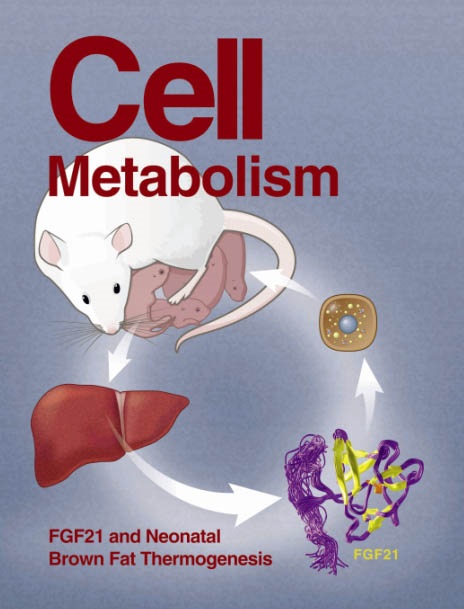Sugar-sweetened beverage intake, gut microbiota, circulating metabolites, and diabetes risk in Hispanic Community Health Study/Study of Latinos
IF 27.7
1区 生物学
Q1 CELL BIOLOGY
引用次数: 0
Abstract
No population-based studies examined gut microbiota and related metabolites associated with sugar-sweetened beverage (SSB) intake among US adults. In this cohort of US Hispanic/Latino adults, higher SSB intake was associated with nine gut bacterial species, including lower abundances of several short-chain-fatty-acid producers, previously shown to be altered by fructose and glucose in animal studies, and higher abundances of fructose- and glucose-utilizing Clostridium bolteae and Anaerostipes caccae. Fifty-six serum metabolites were correlated with SSB intake and a gut microbiota score based on these SSB-related species in consistent directions. These metabolites were clustered into several modules, including a glycerophospholipid module, two modules comprising branched-chain amino acid (BCAA) and aromatic amino acid (AAA) derivatives from microbial metabolism, etc. Higher glycerophospholipid and BCAA derivative levels and lower AAA derivative levels were associated with higher incident diabetes risk during follow-up. These findings suggest a potential role of gut microbiota in the association between SSB intake and diabetes.

西班牙裔社区健康研究/拉丁裔研究中的含糖饮料摄入量、肠道微生物群、循环代谢物和糖尿病风险
在美国成年人中,没有基于人群的研究检查与含糖饮料(SSB)摄入量相关的肠道微生物群和相关代谢物。在这个美国西班牙裔/拉丁裔成年人队列中,较高的SSB摄入量与9种肠道细菌种类有关,包括几种短链脂肪酸产生菌的丰度较低(先前在动物研究中被证明会被果糖和葡萄糖改变),以及利用果糖和葡萄糖的boltedium bolteae和厌氧杆菌caccae的丰度较高。56种血清代谢物与SSB摄入量和基于这些SSB相关物种的肠道微生物群评分呈一致方向相关。这些代谢物聚集成几个模块,包括一个甘油磷脂模块,两个模块包括支链氨基酸(BCAA)和芳香氨基酸(AAA)的微生物代谢衍生物等。随访期间,较高的甘油磷脂和BCAA衍生物水平以及较低的AAA衍生物水平与较高的糖尿病发生风险相关。这些发现表明,肠道微生物群在SSB摄入与糖尿病之间的关联中可能发挥作用。
本文章由计算机程序翻译,如有差异,请以英文原文为准。
求助全文
约1分钟内获得全文
求助全文
来源期刊

Cell metabolism
生物-内分泌学与代谢
CiteScore
48.60
自引率
1.40%
发文量
173
审稿时长
2.5 months
期刊介绍:
Cell Metabolism is a top research journal established in 2005 that focuses on publishing original and impactful papers in the field of metabolic research.It covers a wide range of topics including diabetes, obesity, cardiovascular biology, aging and stress responses, circadian biology, and many others.
Cell Metabolism aims to contribute to the advancement of metabolic research by providing a platform for the publication and dissemination of high-quality research and thought-provoking articles.
 求助内容:
求助内容: 应助结果提醒方式:
应助结果提醒方式:


